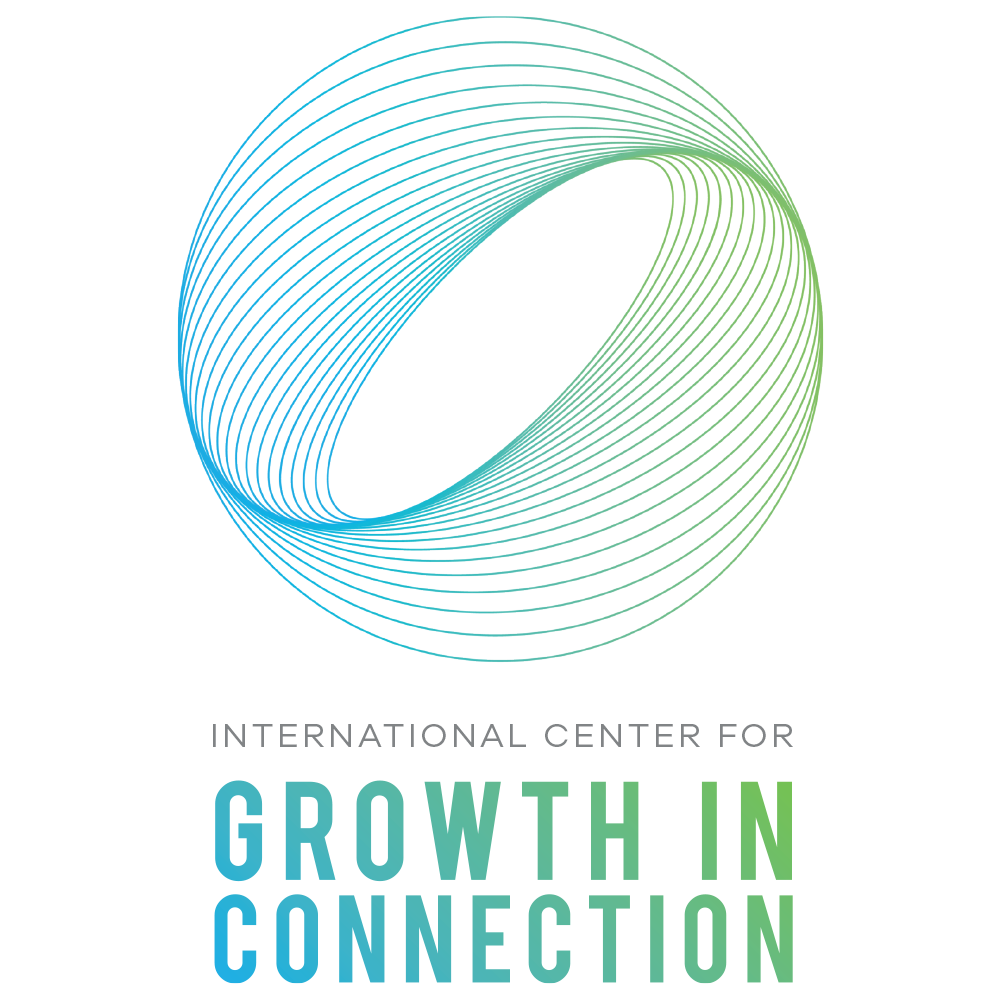
Fostering Healthy
Connections
We envision a world in which the dominant value of hyper-individualism—leading to fear and isolation—is replaced by the widespread recognition that true progress lies in the power of our connections to one another and our environment.
Relational Cultural Theory
RCT extends far beyond personal relationships to consider the structures and systems that shape our wider society. Over the years, RCT has come to influence scholarship and practice in psychology, psychiatry, counseling, education, the arts, organizational development, community development, faith and spirituality, and the environment. Our hope is that RCT will help shift the dominant paradigm from “me” to “we,” thereby creating a more just and hopeful world.
We need connection just as we need air and water. Our bodies are designed to manage stress by turning to trusted others when we are anxious or scared. The reduction in stress that comes from a healthy relationship and a sense of belonging is powerful, and it is clear that growth-fostering relationships provide the resilience that enables us to persevere even in the most difficult times.
What does a growth-fostering relationship look like? For us, it comes down to a set of felt conditions that we call “The Five Good Things.”
The Five Good Things
Zest
Zest in emotional connection translates into a feeling of aliveness. This interplay is brimming with a sense of vitality and energy.
PRODUCTIVITY
Empowered action translates into each person feeling more motivated and more able to take action in relationship beyond the dyad.
CLARITY
Each person develops a clearer understanding of the other—and of the self. The relationship is more whole, more nuanced, more layered — and therefore, more accurate.
INCREASED SENSE OF WORTH
The relationship enables each person to feel a greater sense of worth. We thrive when others recognize our existence — not in the abstract, but in the very moments we are face to face.
desire for connection
Each person feels more connected to the other and feels a greater motivation to connect with others in general.
Learn With Us
Books
Works from leaders in the field about growth in connection in a variety of settings.
Bibliography
Relational-Cultural Theory has spawned a large and interdisciplinary body of scholarship.
Works In Progress
A publication series developed by the two organizations that were the precursors to ICGC: the Stone Center and the Jean Baker Miller Training Institute.
Language of RCT
Defining the most common terms used in describing relational cultural theory.


